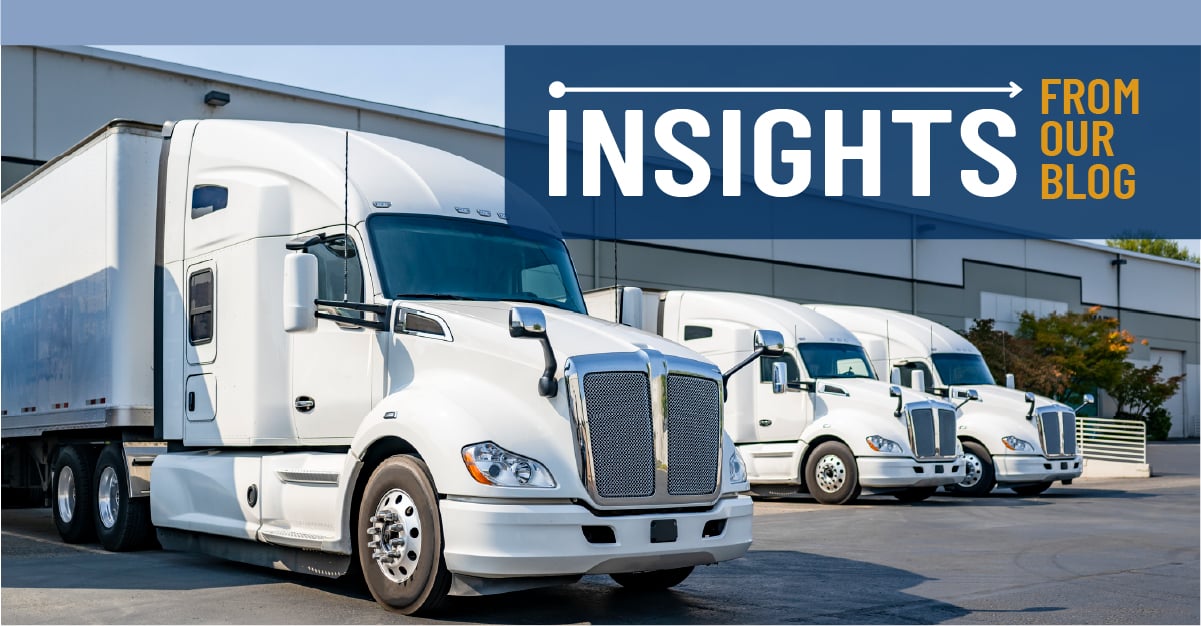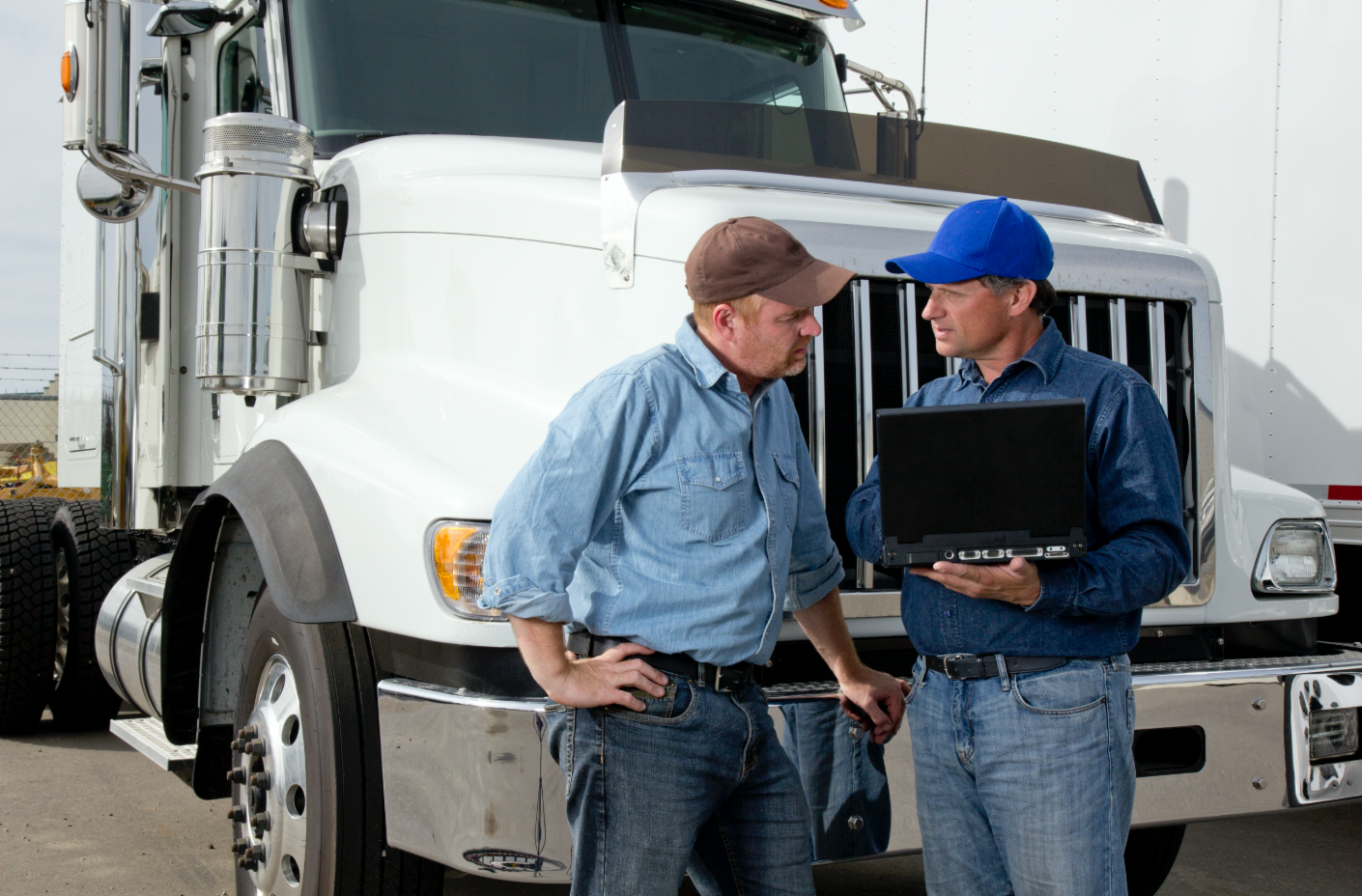To Swerve or Not to Swerve: That is the Question
The Answer: Don't Swerve

Loss-of-control crashes are sometimes the result of trying to avoid animals or wildlife that are on the roadway. Swerving to miss an animal is not the way to go. Our Great West Casualty Company team has come up with these essential driving techniques.
By applying one or more of these guidelines, a loss-of-control crash caused by avoiding wildlife on the roadway can be avoided:
Maintain proper following distance
If the vehicle ahead brakes suddenly to avoid an animal or swerves and loses control, you must have enough space to perceive the hazard, react properly, and brake. Maintaining a minimum of a six-second interval between you and the vehicle ahead can give you the time and space you need to avoid a crash.
Observe proper speed for conditions
Many of these types of crashes happen in the dark. As a general rule, a tractor-trailer's clean, properly adjusted, working low-beam headlights will illuminate about 250 feet in front of the vehicle. High beams will illuminate approximately 350-500 feet. You must be able to take controlled action within that distance. Do not over drive your headlights.
Avoid distractions/be attentive to the road ahead
Nocturnal animals have eyes that will reflect the light from your headlights making them more recognizable, if you are looking for them. Keep your eyes on the road, scanning from shoulder-to-shoulder, watching for those glowing eyes.
React properly to hazards/maintain one lane
To swerve or not to swerve: that is the question. The answer: when an animal runs out in front of your vehicle, your first reaction may be to swerve to avoid it. Don't! Swerving can cause you to lose control, drive off the road into the ditch, or across oncoming lanes. The proper reaction is to slow down, grip the steering wheel firmly, and steer slightly to control the impact while maintaining your lane. Do not swerve to miss an animal.
By applying some of these techniques, loss-of-control crashes due to wildlife on the roadway can be avoided and the resulting damage minimized. Don't jeopardize your life, or the lives of others, by trying to save a squirrel, a raccoon, a deer, or s wild turkey, etc.
Note: These lists are not intended to be all-inclusive.
The information in this article is provided as a courtesy of Great West Casualty Company and is part of the Value-Driven® Company program. Value-Driven Company was created to help educate and inform insureds so they can make better decisions, build a culture that values safety, and manage risk more effectively. To see what additional resources Great West Casualty Company can provide for its insureds, please contact your safety representative, or click below to find an agent.
© Great West Casualty Company 2015. The material in this publication is the property of Great West Casualty Company unless otherwise noted and may not be reproduced without its written consent by any person other than a current insured of Great West Casualty Company for business purposes. Insured should attribute use as follows: “© Great West Casualty Company 2019. Used with permission by Great West Casualty Company.”
This material is intended to be a broad overview of the subject matter and is provided for informational purposes only. Great West Casualty Company does not provide legal advice to its insureds, nor does it advise insureds on employment-related issues. Therefore, the subject matter is not intended to serve as legal or employment advice for any issue(s) that may arise in the operations of its insureds. Legal advice should always be sought from the insured’s legal counsel. Great West Casualty Company shall have neither liability nor responsibility to any person or entity with respect to any loss, action, or inaction alleged to be caused directly or indirectly as a result of the information contained herein.




